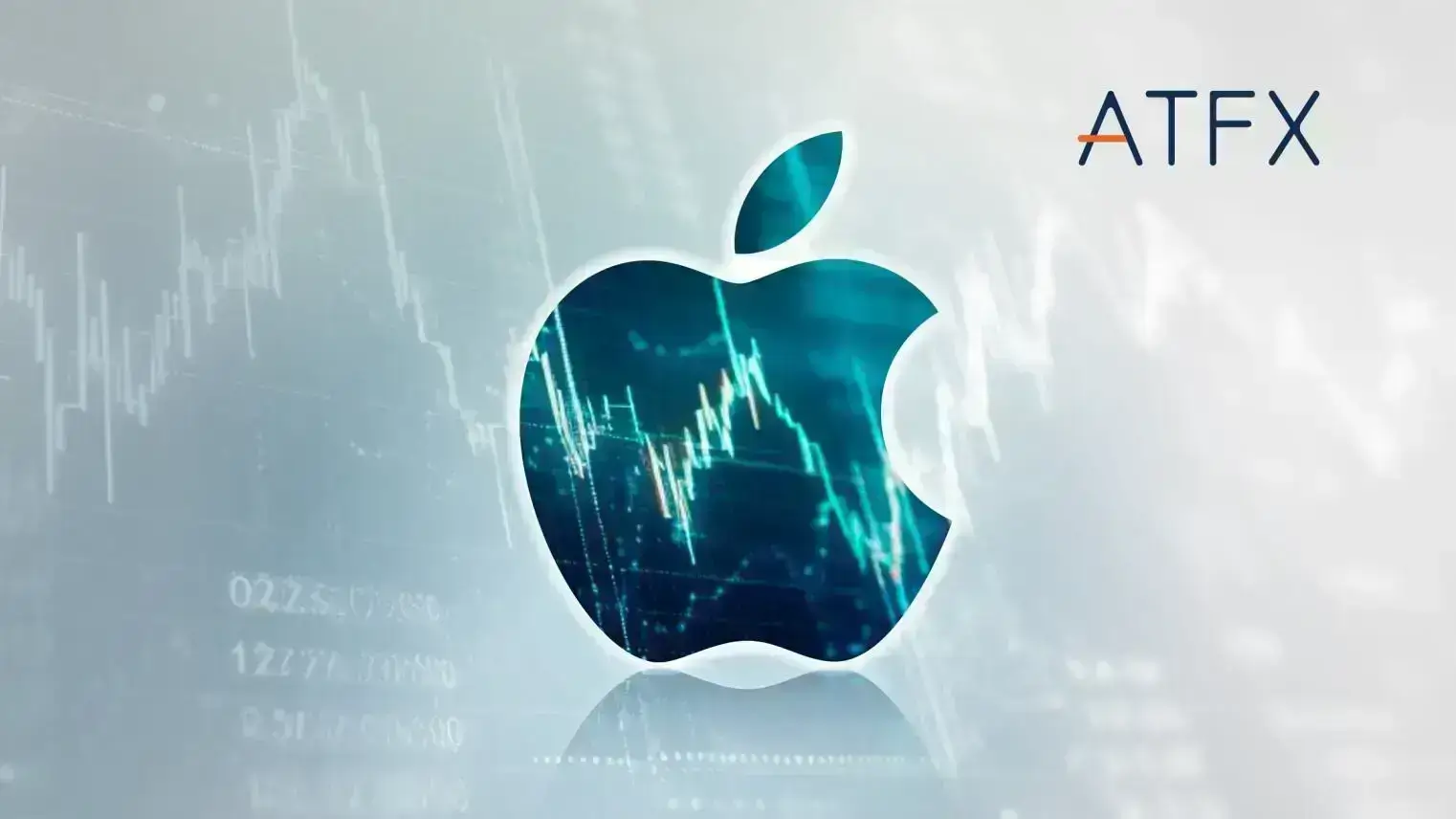The US Senate successfully voted to adopt the proposed inflation reduction bill last Sunday during the house session.
After a heated debate, the Senate Democrats won the day for the adoption of the “Inflation Reduction Act of 2022”.
Vice-President Kamala Harris gave the democrats the lead vote to break the dice vote at 50 – 50. Thus, all the Republicans opposed the vote while the Democrats supported it. The Democrat’s victory came from Harris’s last poll, which brought the count to 51 – 50 in favour of the Democrats.
The inflation reduction bill has been designed to combat the growing climate change, reduce medication costs for the elderly, control the rising energy prices, and impose higher taxes on the wealthy class.
This bill will subsequently allow the government’s Medicare program for the elderly to negotiate what it pays for drugs for its 64 million elderly recipients. It will also enable them to penalise manufacturers for increasing the cost of pharmaceutical products sold to Medicare units. This bill has been further designed to reduce the costs for medical products such as insulin and diabetes products to just $35 a month and no more. The Democrats had wanted to extend this to the private insurers, but the Senate rules did not support this.
Speaking on the expectations from the bill, the Senate Majority Leader – Chuck Schumer, believed that the Senate had made a new history. He described the new bill as one that will endure through the 21st century and help reduce the rising inflation in the economy.
On the other hand, the bill had imposed a new tax on stock buybacks and hoped to raise over $70 billion in tax revenue per year from wealthy investors.
The house is expected to pass this bill on Friday, and the President should provide his signature to enable an onward adoption of the bill.
Commenting on the recent bill, President – Joe Biden believed that the Senate Democrats have today: “sided with American families over special interests, voting to lower the cost of prescription drugs, health insurance, and everyday energy costs and reduce the deficit, while making the wealthiest corporations finally pay their fair share,”.
Biden believed this to be the case because over $300 billion of the funds raised by the bill would be pushed into deficit clearance by the United States.
Analysts believed the bill would further assist the United States in reducing its greenhouse gas emissions by 40% before the end of this decade.
While the Democrats supported this bill as capable of fighting inflation, the Republicans have vehemently opposed it, describing it as one capable of increasing hardship in the country. Some even considered the extra taxes added to the wealthy class as robbing its wealthy citizens. This could be seen in the submissions of Senate Minority Leader Mitch McConnell, a Kentucky Republican who insisted that:
“Democrats have already robbed American families once through inflation, and now their solution is to rob them a second time,”.
Increased spending and additional tax increases in the legislation would eliminate jobs and have little impact on inflation and climate change which the democrats claimed would resolve.
According to the New York Times reports, with the adoption of this bill, the house would hence need to invest $369 billion over the next ten years in tax credits and other incentives to support wind and solar power and the production of electric vehicles, including new technologies such as carbon capture and storage, and low-emissions hydrogen.
The tax credits here, as stated by the report; “includes $30 billion to increase the production of solar panels, wind turbines, batteries, and critical minerals processing; $10 billion to build facilities for the manufacture of electric vehicles and solar panels; and $500 million under the Defence Production Act for heat pumps and critical minerals processing”.
The new bill would be funded with a 15% minimum tax on a handful of corporations with yearly profits targets above $1 billion and a 1% tax on all companies that repurchase their stocks. This would increase Internal Revenue Service (IRS) tax collections and increase government savings from lower drug costs.
What impact will the Inflation Reduction Act have on the US economy?
The democrats believed the bill could reduce US inflation currently bedevilling the economy. The Republicans thought it could only increase the hardship of ordinary citizens and increase inflation in the long run.
The Democratic Senator – Chris Coons of Connecticut told newsmen recently that the bill could take “a year or more” to cut inflations. In his words:
“But, we’ve seen gas prices decrease weekly for the last five weeks. Yes, inflation is higher than it should be, but we just got a robust number of more than 500,000 jobs created this past month. Unemployment is the lowest it’s been in my lifetime. And I think we’ve got a strong economy and recovery underway.”
Coons is banking on improving US job creation, which increased last week following the positive Non-Farm Payroll report (NFP). Adding 528K jobs to the US economy reduces the unemployment rate to 3.5%. However, he failed to consider that solid job creations often increase Consumers’ spending. With the injection of new money into the economy purported by the inflation reduction bill, the inflation rate is bound to grow excessively in the long run.
On this count, the Republicans and other critics tend to fault this inflation reduction bill as incapable of solving the problem but only set to increase the hardship and discourage productivity in the medical sector.
The dollar index is currently strong and holding above 106.5 ahead of the new week. Investors expect this bill will impact the US dollar performance in the market this week ahead of its passage on Friday.


